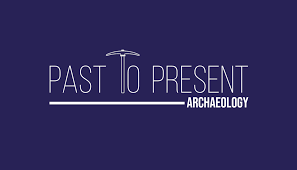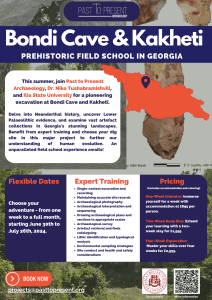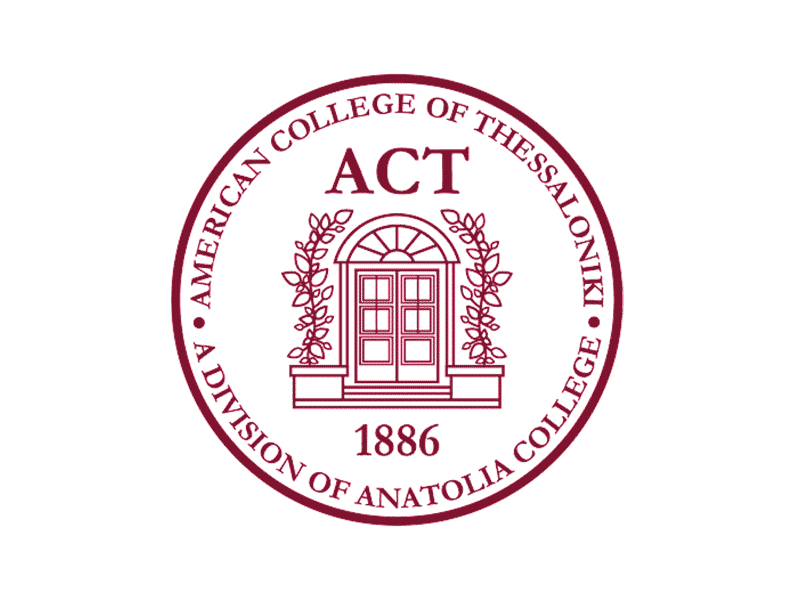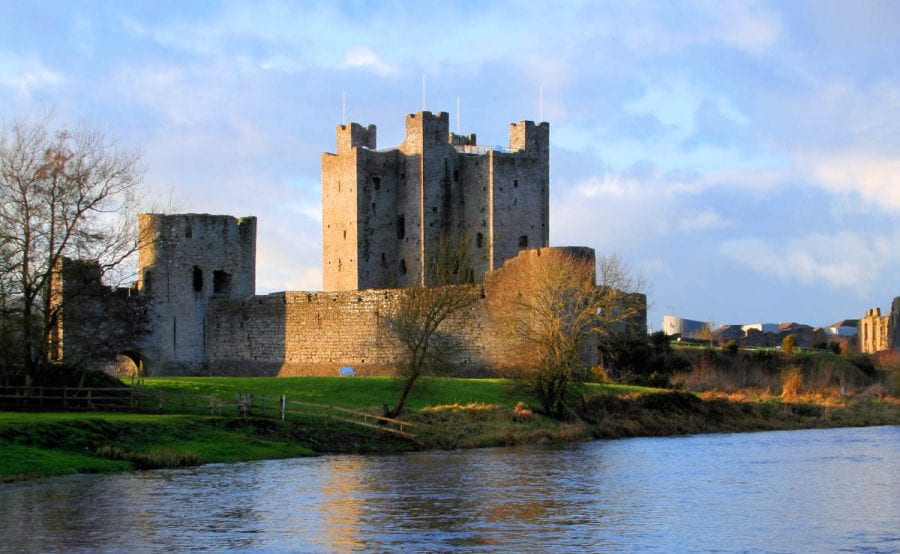The Malcolm H. Wiener Laboratory for Archaeological Science at the American School of Classical Studies at Athens is offering two independent programs in training in geoarchaeology. Dr. Panagiotis (Takis) Karkanas, Director of the Wiener Laboratory, and Dr. Paul Goldberg, Senior Visiting Professor, Institut für Naturwissenschaftliche Archäologie (INA), University of Tübingen will lead both courses.
Archaeological Soil and Sediment Micromorphology Course (May 19 – 23)
The program will primarily focus on deciphering site formation processes and micro-stratigraphy. Students will receive instruction in optical mineralogy, description, and interpretation of micromorphological thin sections based on analysis of soil fabrics and sedimentary microstructures.
Training will include the study of: Soils and pedogenic processes; Natural processes in archaeological sites (e.g. water and debris flows, wind-blown sediment, standing water sediment); Biological sediments (e.g., dung, coprolites, guano); Anthropogenic processes (e.g., burning, stabling, living and constructed floors, dumping and filling, trampling, raking, building materials); Post-depositional alterations (e.g., chemical diagenesis, bioturbation).
A maximum of 9 students will be accepted for the course. Preference is given to advanced students with a background in geoarchaeology, and preferably some exposure to optical mineralogy as well. Training fee is 500 euros for the entire week. Accommodation is not provided, but we will offer recommendations and assistance to course participants in order to arrange accommodation themselves.
The course will take place from May 19-23, 2025. Applications should be submitted via the online application form.
International Field School on Site Formation, Stratigraphy, and Geoarchaeology in the Athenian Agora (May 31 – June 7)
Registered students will be involved in interdisciplinary field research in the Athenian Agora primarily focused on archaeological context, geoarchaeology, and material sciences. Through field observations, laboratory analysis, and lectures, students will receive instruction in the study and analysis of archaeological sediments and deposits, as well as gain experience in the recording of stratigraphy and the understanding of site formation processes.
A maximum of 12 students will be accepted for the course. Preference is given to advanced students and post-docs with a background in archaeology, and preferably some exposure to the natural sciences. Training fee is 450 euros for the entire week. Accommodation is not provided, but we will offer recommendations and assistance to course participants in order to arrange accommodation themselves. The course will take place from May 31 – June 7, 2025. Applications should be submitted via the online application form.
Application Information
Applicants will complete an online application for their desired course(s) by the deadline, January 15, 2025. Applications will include a brief cover letter outlining the candidate’s background and interest in participating in the course, a CV, and names and email addresses of two referees. Referees might be contacted for references after the application deadline, if necessary. Applications for the International Field School will also submit a list of grades (unofficial transcript) as part of the application. Applicants will be notified before the end of February.
Participants who successfully complete a course of instruction will receive a certificate detailing the content of the course.
For more information on the courses and how to apply, please visit the applications webpage or email at application@ascsa.org.
















